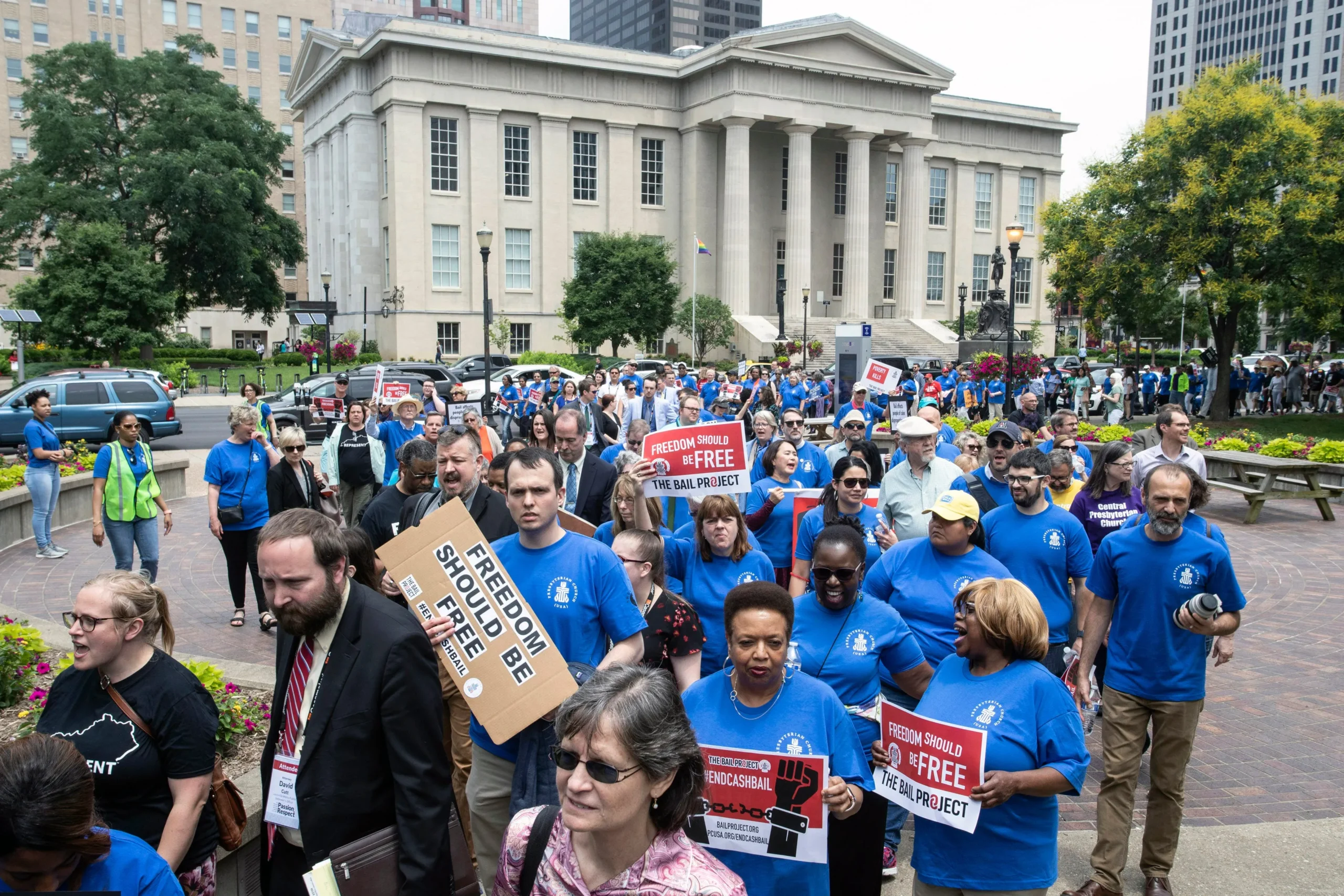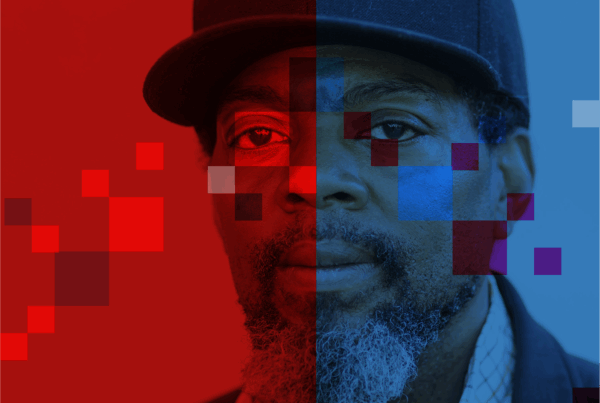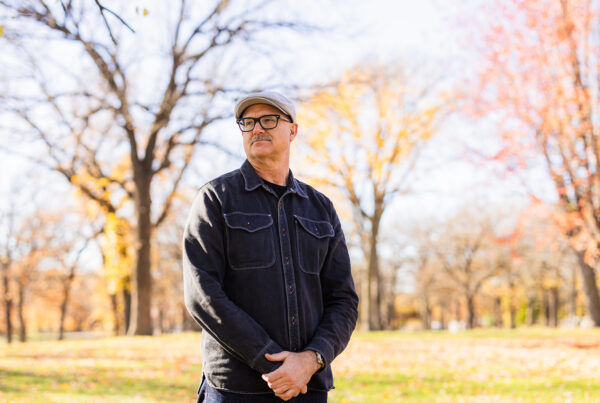Today, hundreds of thousands of legally innocent people remain jailed not because they are dangerous, but because they are poor.
When someone is arrested, a judge can require them to pay a monetary amount known as “cash bail” to be released before trial. If they can’t pay, they stay in jail. If they can, they go home.
With cash bail, the system doesn’t ask, “Is this person a danger to their community? Will they flee court?”; it only asks, “Can this person afford their freedom?”
Improving this system is what’s often called “bail reform.” President Donald Trump’s executive order recently rebranded it as “cashless bail,” but that misses the point: Reform is about ending a system where money ‒ not safety ‒ decides who is jailed and who goes free. It’s also about ensuring that people have the tools to succeed, such as court reminders, travel assistance and supportive services.
Freedom should not be for sale in a country that promises equal justice and the presumption of innocence. Yet it is, every day, in courtrooms across America.
Wealthy defendants with serious charges – Kyle Rittenhouse, Harvey Weinstein, O.J. Simpson, even Donald Trump – bought their way out, while countless others sat in jail simply because they didn’t have money. It’s a two-tiered system: one for the rich, and one for everyone else.
This injustice has inspired many states and cities to implement reforms to ensure that people accused of crimes aren’t locked up simply because they lack money. What bail reform takes off the table is the idea that freedom can be bought and sold.
The consequences of unnecessary pretrial jailing are devastating. Even a short stay in jail can mean the loss of a job, housing or custody of children. Research shows that being jailed for a short time before trial makes someone 30% more likely to plead guilty ‒ even if innocent ‒ just to get home sooner. That is not justice. It is coercion.
And instead of making us safer, jails often make things worse. People come home with fewer resources, more trauma and a greater chance of being rearrested. Taxpayers foot the bill: $14 billion every year on pretrial incarceration alone.
Critics claim bail reform means no accountability. That’s not true. With reform, judges still have the power to detain people when it’s truly necessary for safety or flight risk. Real accountability comes through due process: meaningful hearings with evidence and defense counsel, narrowly limited use of pretrial jailing, and judges connecting people to the supports they need to stay on track before trial.
In reality, that promise is rarely met. Hearings in many courts last barely a minute, and people are jailed without meaningful review. Pretrial detention should be reserved for the rarest cases where it’s absolutely necessary – not used as a blanket punishment for poverty.
Jurisdictions that have reformed their bail systems show us that a better way is possible:
- After Illinois eliminated cash bail in 2023, violent crime fell by 7% and property crime by 14%.
- In New Jersey, reforms cut violent crime by 20% while court appearance rates stayed high.
- In Harris County, Texas, ending cash bail for most misdemeanors showed no link to increased crime.
A nationwide study by the Brennan Center for Justice looked at nearly two dozen jurisdictions that reformed cash bail and found the same thing: no link between bail reform and increases in crime. The evidence is clear – bail reform does not drive crime, despite what opponents claim.
Politicians who oppose bail reform point to one headline or one tragic case and say it proves the whole system is broken. What often gets ignored are the countless safe releases we never read about.
At The Bail Project, where we work, we’ve provided free bail assistance and pretrial support to nearly 35,000 people who have appeared in court 93% of the time. When courts provide fair hearings, text reminders and access to services, people show up and communities stay safe. Those quiet successes are the rule, not the exception.
Cash bail doesn’t make us safe. It just makes us unequal. It also does nothing to address the homelessness, untreated mental illness or addiction that people see in their neighborhoods ‒ challenges that have too often been criminalized. What people really need is housing, health care and supportive services.
Bail reform isn’t a solution to those social problems, but it stops using jails as a substitute for them.
So why are we still stuck? Too many leaders retreat at the first sign of backlash. Instead of explaining the truth – that bail reform makes us safer – they bend to fear. Instead of fixing what is broken, they preserve the status quo.
The choice in front of us is simple. We can keep wasting billions locking up people who don’t belong in jail. Or we can build a fairer, safer system – one that judges risk, not wealth.
Bail reform works. The evidence proves it. The public supports it. And the future of justice depends on it.
Image: Marty Pearl/Special to Courier Journal
This op-ed originally appeared in USA Today.
Thank you for reading. The Bail Project is a 501(c)(3) nonprofit organization that is only able to provide direct services and sustain systems change work through donations from people like you. If you found value in this article, please consider supporting our work today.












